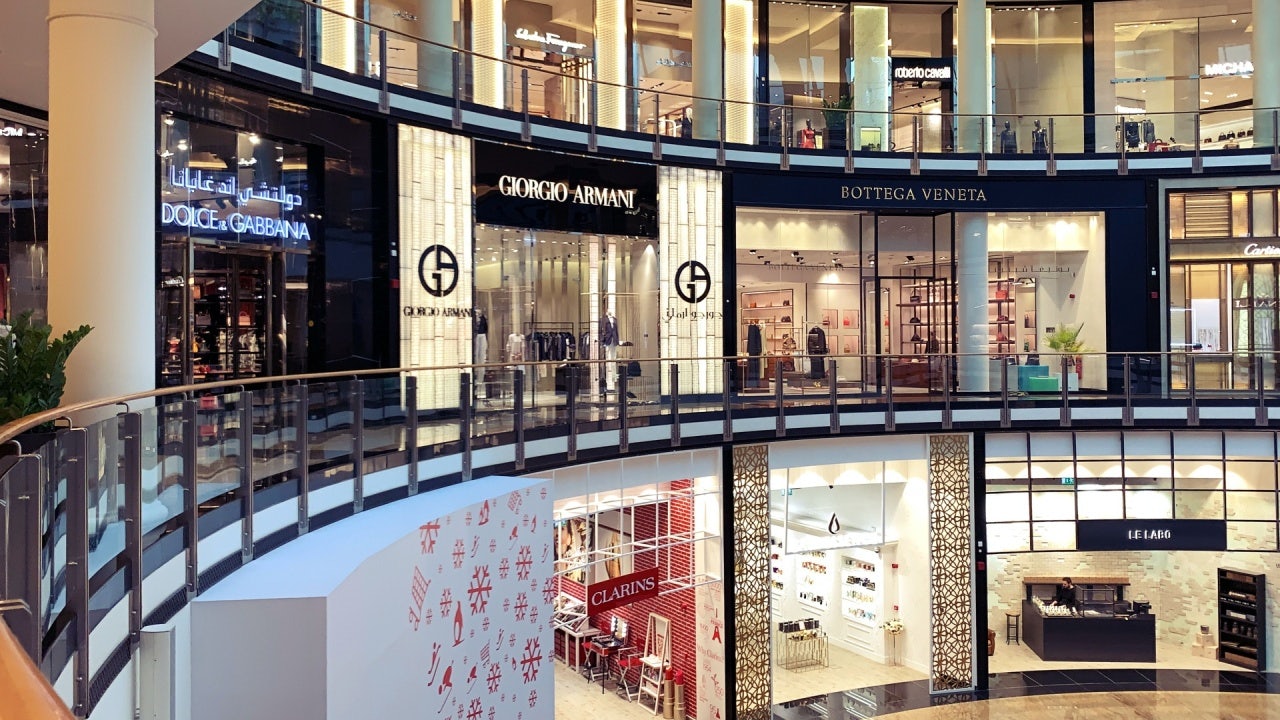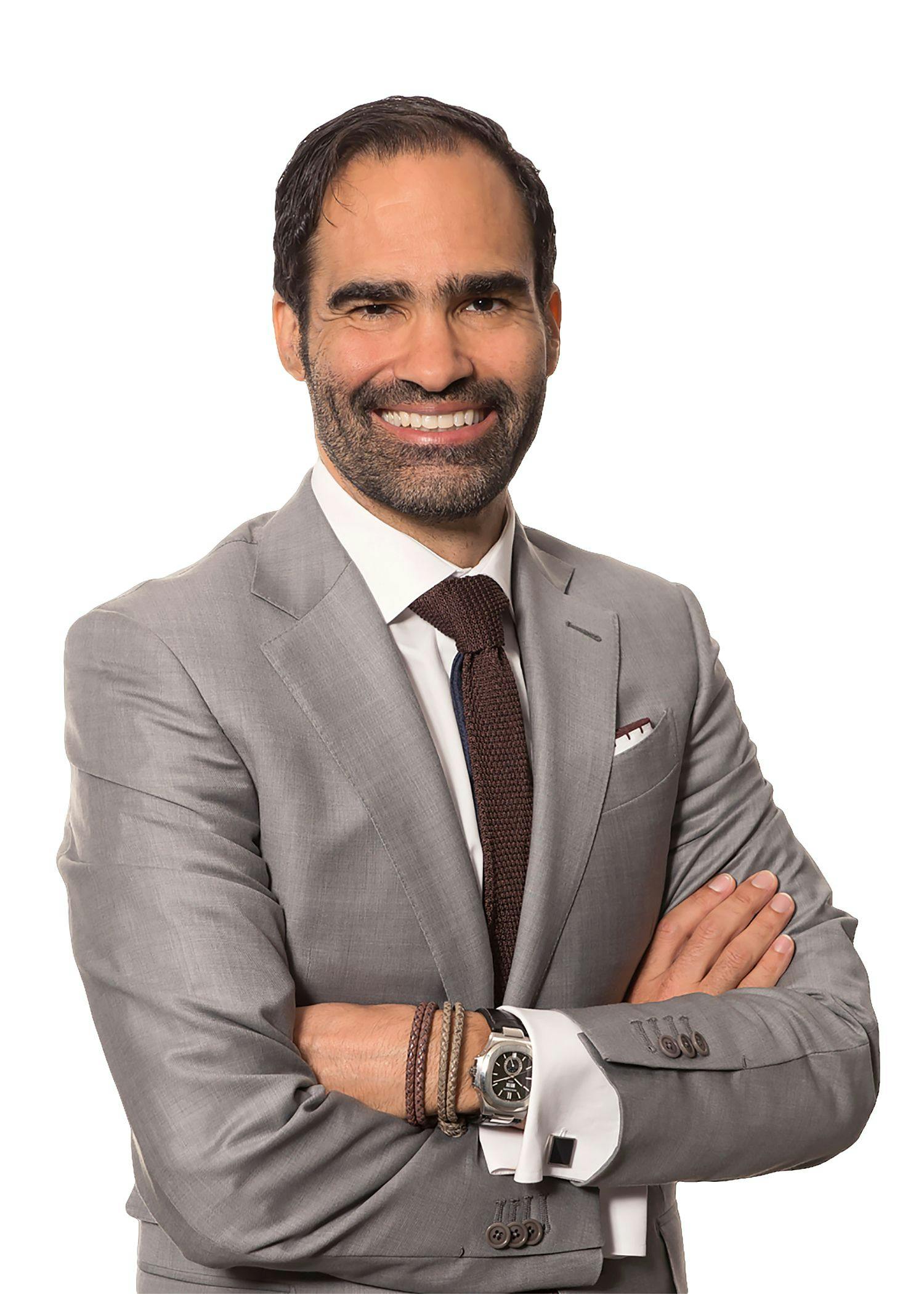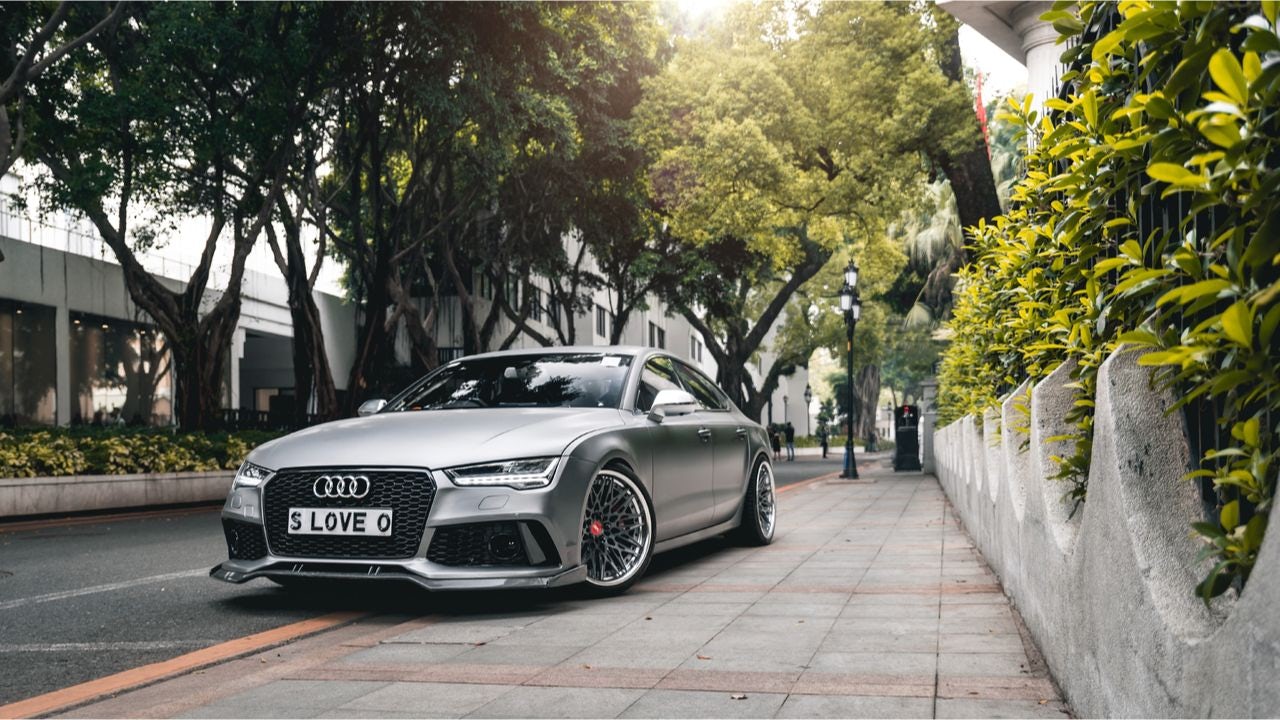In 2004, the book “Blue Ocean Strategy” introduced the concept of making competition irrelevant by changing key parameters of go-to-market strategies. The so-called “strategy canvas” is a key tool of this business philosophy which helps to decide which aspects to enhance or reduce, relative to the category norms — and most importantly, which ones to add or eliminate.
Fast forward to 2013 and practically all our category audits in luxury reveal what I call the “sea of sameness,” or what the book called “A Red Ocean” — a strategic execution in which all key players fundamentally do the same. Practically all product categories develop codes that most players follow. They use buzzwords like “selling a dream” or “best-in-class” to describe their brands and rely far too much on design or materials in the hope to differentiate. Brands that truly stand out are only a handful.
The human mind constantly makes comparisons to reference points. So if one brand fundamentally does what the other brands provide, then clients will always opt for the cheaper option. This triggers a race to the bottom, price promotions, or other tactics that make brands grow at the expense of brand equity. The result: Instead of creating value, many luxury labels consistently destroy value, often to a point of no return.
The one thing that makes luxury fundamentally different is the ability to create extreme value for clients. Extreme value depends on making a significant impact, inspiring people, touching their lives, and changing them. The brands that create most value are like cultural influencers; they create desirability because of the significant emotional connection they trigger. The ability to instill a strong emotional response depends on a story that needs to be clear and different enough versus competing stories and that needs to be relevant and authentic.
Most brand stories we audit lack several of these criteria. The most extreme example was an interview with the key sales director taking care of top VICs of a French luxury brand who told me that he never uses the brand story because, in his words, it’s “marketing BS.” He added that apart from the marketing department and the CEO, no one in the company thinks the story makes sense. Therefore, he and his colleagues decided to just speak about product features and not about the brand. This is — in my experience — not the exception.
When clients don’t understand the story of the brand, there is no value. And when this happens with the top clients, the brand is at fundamental risk. To break out of the sea of sameness, storytelling needs to be extremely precise, of high relevance to the clientele. And lastly, it needs to be actionable. A brand story has zero value when it exists on a powerpoint and the staff does not know how to bring it to life.
The biggest risk for luxury is to underperform on the story and its execution. The result will be an endless struggle, too low revenue and profitability, and an ongoing erosion of brand equity. I estimate that at least half of all luxury brands are currently in such a crisis situation. Many of them won’t survive this decade without drastic course corrections.
Gen Z are becoming increasingly critical for the success of luxury labels. They are even more critical when it comes to brand stories, so the sea of sameness will pose a bigger risk. So instead of selling a dream (which all luxury brands somewhat do), brands need to be specific which dream they sell and how to bring it across.
Named one of the “Global Top Five Luxury Key Opinion Leaders to Watch,” Daniel Langer is the CEO of the luxury, lifestyle and consumer brand strategy firm Équité, and the executive professor of luxury strategy and pricing at Pepperdine University in Malibu, California. He consults many of the leading luxury brands in the world, is the author of several best-selling luxury management books, a global keynote speaker, and holds luxury masterclasses on the future of luxury, disruption, and the luxury metaverse in Europe, the USA, and Asia.
Follow him: LinkedIn: https://www.linkedin.com/in/drlanger, Instagram: @equitebrands /@thedaniellanger


